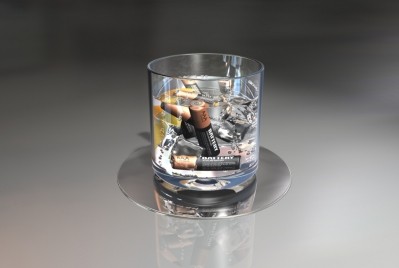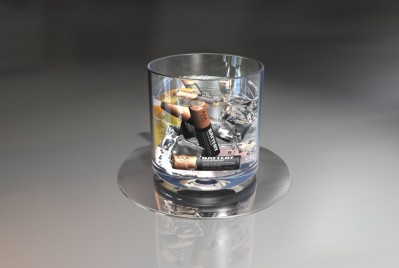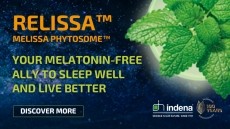Medical journal editors urge energy drink rethink
Penned by the editor-in-chief Paul Hebert and colleagues, Matthew Stanbrook and Noni MacDonald, the article calls for tougher regulations across the globe.
“It is time for health authorities around the world to be awakened and alerted to concerns about energy drinks sold to children,” said the authors.
Marketing
The journal editors are particularly concerned about current marketing of energy drinks to a younger audience through promotional activities such as sponsorship of skateboarding and snowboarding events.
The authors argue that because children and adolescents are notorious for making poor health choices, they can hardly be expected to make sensible consumption decisions, especially when information on caffeine concentration and safe drinking levels is not clearly displayed on labels.
Indeed, consumption habits of children and young people have raised the concerns of scientific researchers. The popularity of energy drinks as alcohol mixers is one example but there is also evidence that adolescents, in the US, often drink caffeinated drinks in the evening, with potentially negative consequences for sleep quality and learning.
And it is not just the marketing and consumption patterns that worry the authors. They suggest that energy drinks themselves, which typically contain between 80 to 140 mg of caffeine, are unlike other caffeinated drinks. “Caffeine-loaded energy drinks have now crossed the line from beverages to drugs delivered as tasty syrups.”
They therefore call for action from government to lay down tougher rules or industry to adopt more responsible practices.“Regulations could include government- mandated restrictions on labelling, sales and marketing, or self-imposed industry-wide standards with clear labelling accompanied by public education.” Easily understood equivalents like cups of coffee could be used to illustrate caffeine content on labels, the authors suggest.
Industry response
Responding to the CMAJ editorial, industry association Refreshments Canada gave this defense of global energy drink regulation.
“The safety of these beverages has been subject of extensive review and analysis by regulatory authorities world-wide, including the European Food Safety Authority and Food Safety Authority of Australia and New Zealand. Without exception these examinations have confirmed the safety of these products in markets around the world.”
Just last week, the European Commission rejected a German motion to require energy drinks to carry warning labels because of concerns about excessive consumption of caffeine and taurine.
An EC spokesperson said: “The Commission could find no evidence of a specific risk associated with these substances that would require additional labelling and had a negative opinion on this notification.”
Source: Canadian Medical Association Journal
“Caffeinating” children and youth
Authors: Paul Hebert, Matthew Stanbrook and Noni MacDonald
















